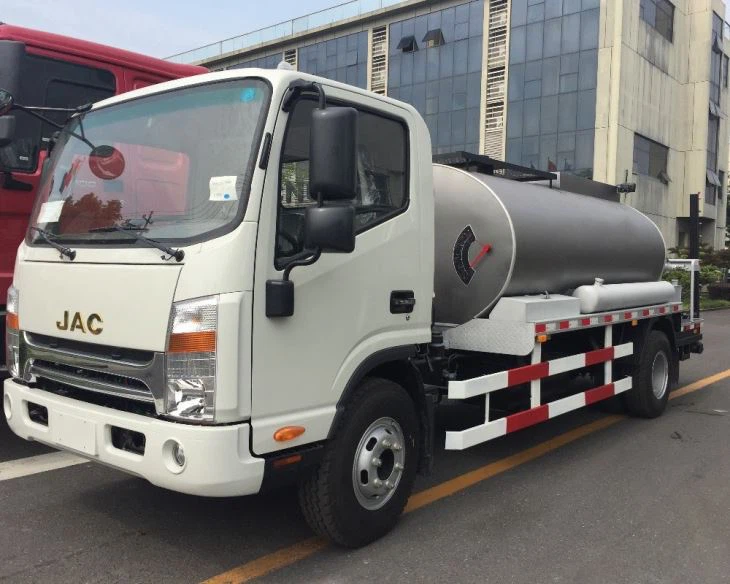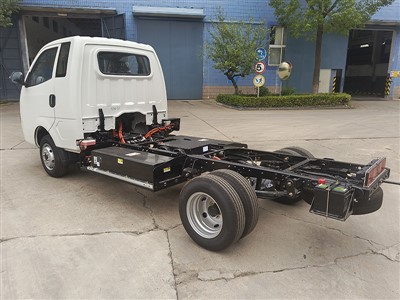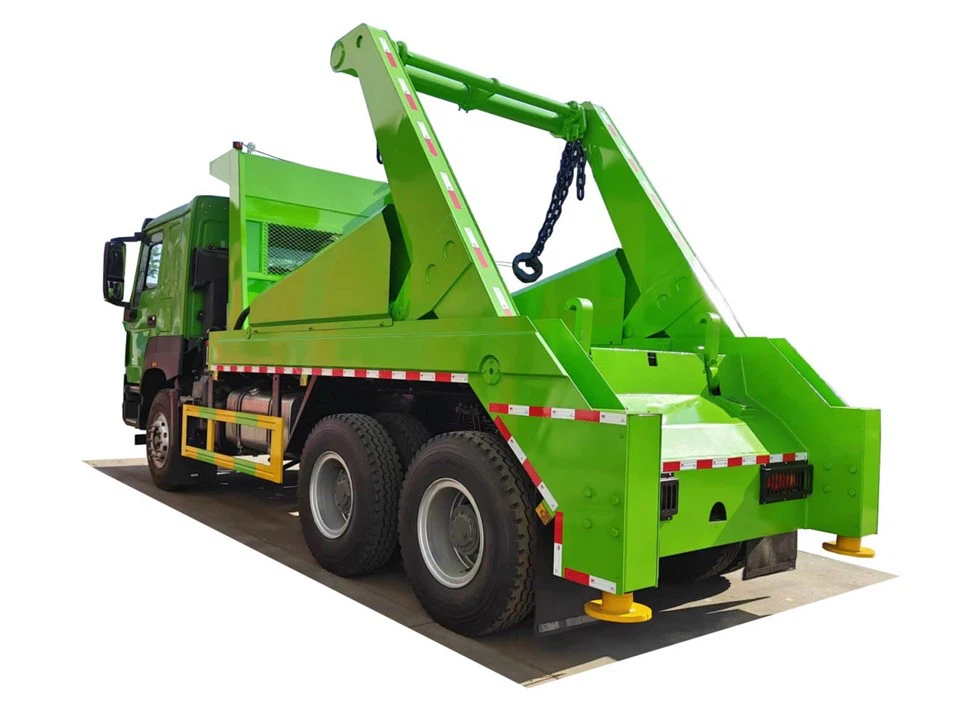Understanding Payloader Trucks: A Comprehensive Guide

Introduction
Payloader trucks, often referred to simply as loaders, play a pivotal role in construction and heavy-duty industries. These versatile machines are quintessential for tasks involving the moving of materials and earth on job sites. This article delves into the intricacies of payloader trucks, exploring their operation, types, advantages, and best practices for use. Whether you’re a potential buyer or an operator, this guide will equip you with essential insights into payloader trucks.
What is a Payloader Truck?
A payloader truck is a heavy construction vehicle equipped with a front-mounted bucket for scooping and loading material, such as earth, gravel, or debris. These machines are engineered for high efficiency and can perform a variety of tasks, including excavation, grading, and demolition. Payloader trucks bridge the gap between small machinery and larger construction vehicles, making them indispensable in many projects.
The Components of a Payloader Truck
1. Engine and Powertrain
The heart of any payloader truck is its engine. Generally equipped with diesel engines, these machines provide the necessary power and torque for heavy lifting and moving tasks. The powertrain comprises various components, including the transmission, axles, and driveline, which work together to transmit power to the wheels.
2. Hydraulic System
The hydraulic system is crucial for the operation of the front bucket. It allows the operator to lift, lower, and tilt the bucket with precision. Understanding how to maintain this system ensures the longevity and reliability of the payloader truck.
3. Bucket
The bucket is the primary tool of a payloader truck. It comes in various sizes and shapes to accommodate different materials. Common types include:
- Standard Buckets: Used for general loading tasks.
- Multi-Purpose Buckets: Designed for versatility in operations.
- Forks: Used for lifting and moving pallets or large items.
4. Operator’s Cabin
The operator’s cabin is ergonomically designed for comfort and usability. It typically features intuitive controls, a clear view of the work area, and safety equipment to ensure efficient operation.
5. Chassis and Wheels
The chassis supports all the components of the payloader, while the wheels or tracks provide mobility. The choice between wheels and tracks often depends on the terrain of the job site.
Types of Payloader Trucks
1. Wheel Loaders
Wheel loaders are the most common type of payloader trucks. They are versatile, easy to maneuver, and ideal for most construction sites and material-handling tasks.
2. Track Loaders
Track loaders are equipped with tracks instead of wheels. They offer better stability and traction on uneven terrain, making them suitable for agricultural and off-road work.
3. Mini Loaders
Mini loaders are compact versions of standard loaders. They are perfect for smaller job sites and residential construction, providing agility without sacrificing power.
Key Applications of Payloader Trucks
1. Construction Sites
In construction, payloaders are essential for loading and moving materials, excavating among other tasks. Their versatility allows them to adapt to various roles as needed.
2. Landscaping
Payloaders are practical in landscaping for tasks such as moving heavy soil, gravel, or mulch. They help in leveling terrains and preparing sites for planting.

3. Agriculture
In agriculture, payloaders assist in various tasks, including moving hay bales, loading feed, and transporting equipment. They enhance efficiency and reduce labor costs.
4. Demolition
Payloaders are used in demolition for clearing debris and loading rubble onto trucks. Their robust construction allows them to handle heavy loads efficiently.
5. Mining Operations
In mining, payloaders are vital for transporting materials from one place to another, often working alongside trucks and other heavy machinery.
Advantages of Using Payloader Trucks
1. Efficiency
Payloader trucks can dramatically increase productivity on job sites, easily moving large quantities of materials much faster than manual methods.
2. Versatility
The ability to change attachments and adapt to various tasks makes loaders incredibly versatile. They can work in diverse environments and applications.
3. Reliability
Modern payloader trucks are designed with durability in mind, capable of handling tough working conditions and heavy loads consistently.
4. Cost-Effective
Investing in a payloader can lead to significant savings in labor costs and time efficiency, ultimately enhancing the bottom line for contractors.
Best Practices for Operating Payloader Trucks
1. Regular Maintenance
Establishing a routine maintenance schedule is essential to keep the payloader in optimal working condition. This includes checking the hydraulic system, engine, and tire conditions.
2. Training and Certification
Ensuring that operators are well-trained and certified for payloader operations not only increases safety but also improves efficiency in handling the machinery.
3. Safety Protocols
Implementing safety protocols on job sites has the potential to reduce accidents and injuries. Always use personal protective equipment (PPE) and follow operational guidelines.
4. Appropriate Loading Techniques
Understanding how to load and unload materials safely is crucial. Operators should ensure they do not exceed the maximum load capacity of the payloader to prevent accidents or damages.
5. Awareness of Surroundings
Operators should always be aware of their surroundings and other workers on-site. This helps in minimizing the risk of accidents and improves overall safety.
Cost Considerations When Buying a Payloader Truck
1. Initial Purchase Price
The first expense you’ll encounter is the purchase price. Factors influencing this cost include the size, brand, and features of the payloader truck.
2. Operating Costs

Operating costs encompass fuel, maintenance, insurance, and repairs over your payloader’s lifespan. It’s wise to budget accordingly.
3. Financing Options
Before buying, consider financing options that can ease the burden of the initial purchase price. Many dealerships offer leasing options or loans tailored for construction equipment.
4. Depreciation
Understanding how equipment depreciation works is vital for budgeting and eventual resale costs. Payloader trucks typically depreciate based on usage and age.
Frequently Asked Questions (FAQs)
1. What is the average lifespan of a payloader truck?
The lifespan of a payloader truck can range from 10,000 to 15,000 hours of operation, depending on usage, maintenance, and brand.
2. Are payloader trucks easy to operate?
Yes, with proper training and familiarity with the controls, payloader trucks can be straightforward to operate. Many manufacturers also offer user-friendly interfaces.
3. Can I rent a payloader truck instead of buying one?
Yes, renting a payloader truck is a viable option for short-term projects. Many equipment rental companies offer a range of models and sizes.
4. What type of maintenance does a payloader require?
Regular maintenance includes oil changes, hydraulic fluid checks, tire inspections, and general cleaning to prevent rust and damage.
5. What attachments can be used with payloader trucks?
Common attachments include forks, dump buckets, and pallet forks, allowing for a variety of applications depending on your needs.

6. How do I choose the right size of payloader truck for my needs?
Choosing the right size depends on your specific needs, material types, job site dimensions, and load capacities required for your projects.
Conclusion
In conclusion, payloader trucks are essential tools for construction, landscaping, mining, and agricultural projects. Understanding their operation, types, applications, and best practices can greatly enhance project efficiency and safety. With the right knowledge and equipment, you can maximize the benefits of payloader trucks for your specific needs.
